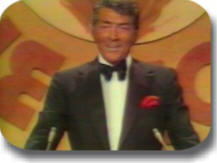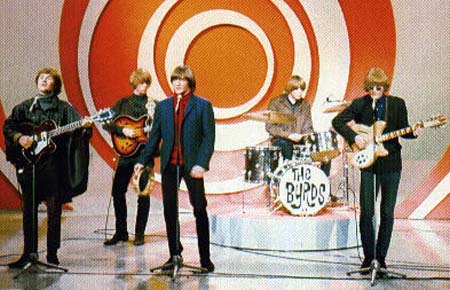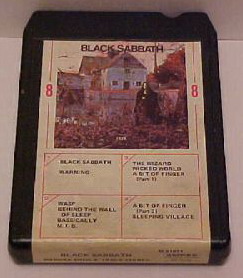
I get why people like The Byrds. I also get why they’re credited with bringing a fresh synthesis of already established and important sounds to rock that would be perfected about 25 years later with a few great, late-70s power pop singles and a run of solid Tom Petty records. What I don’t get is why they’re considered a major player in rock history. The best example, and this has bugged me since I first spent my hard-earned money on a Byrds’ “twofer” in 1980, is The Rolling Stone Illustrated History of Rock and Roll, which dedicates an entire chapter to The Byrds! Right between Dylan and Folk Rock is an entire chapter dedicated to a band with few more than a dozen great songs, probably eight of which are essentially the same reworking of a verse from a Dylan song. I don’t get it.

Oh, I get the super-cool Roger McGuinn specs. I get the Rickenbackers and the perfect combination of lean legs and well-cut trousers. I get the pretty cool hair and the American Beatles appeal. I even get the dozen jangly songs with Dylan-lite delivery and mid-period Beatles harmonies. The Byrds are one of those bands for which Greatest Hits albums were made, but even then the dozen greatest hits pretty much hit exactly the same mark. Take away their couple of psychedelic hits, in which McGuinn played some cool guitar solos, and you’ve got a bunch of songs that would be George Harrison‘s contributions to mid-60s Beatles albums. Without being a member of The Beatles, would George Harrison’s 8 variations on “If I Needed Someone” and his best late-Beatles songs have been worthy of a full chapter in any rock history book? I think not.
I could, but I won’t rest my case!
Continue reading »


